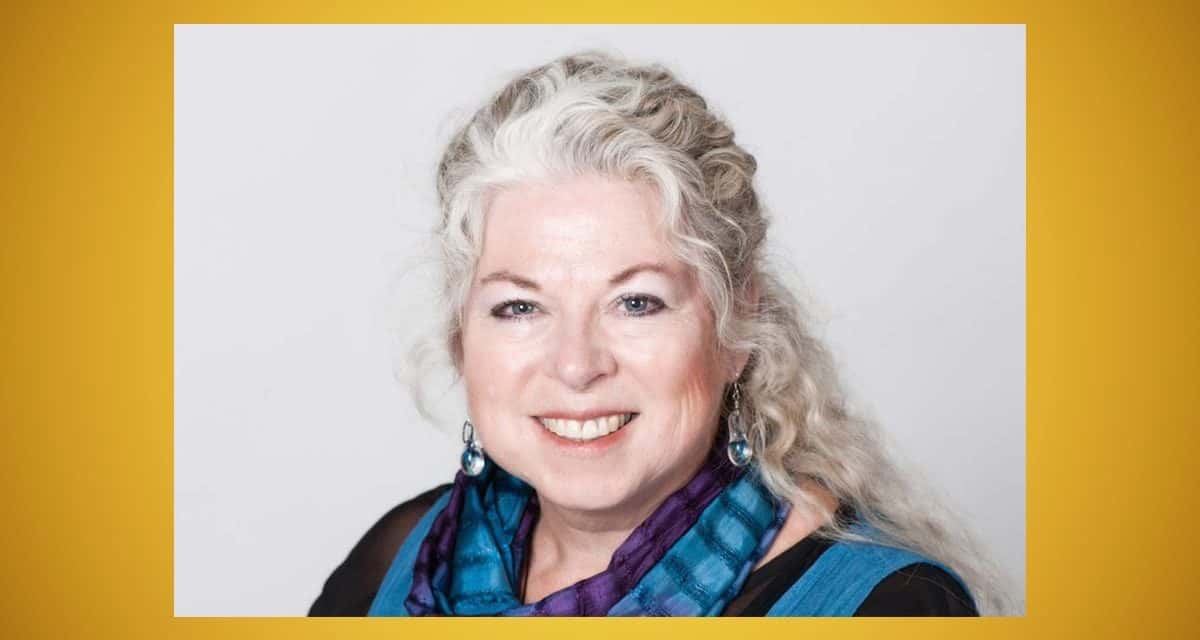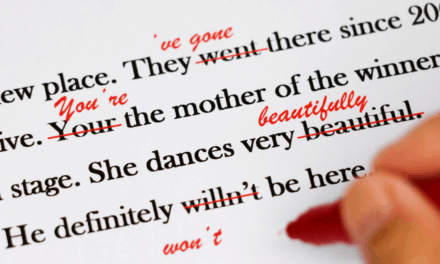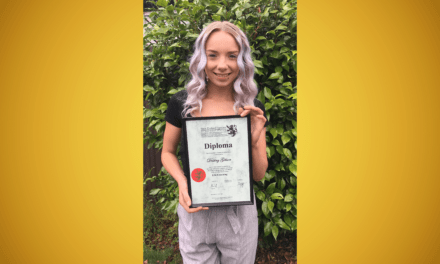For many years, enmeshed in the world of academia, I have taught students essay writing techniques, reviewed colleagues’ papers prior to submission, and published my own work in professional compilations. Yet the thought of having to explain grammar rules or discuss punctuation marks unnerves me. I have always considered myself an academic impostor, a punctuation phony or a fraudster of grammar and spelling. I put my successes in education down to luck or having tutors who were too busy to notice the errors in my writing.
There is history behind this attitude and it began 50 years ago. I grew up in rural Canada and attended a two-room schoolhouse (yes, like Little House on the Prairie). With so many different levels of instruction to contend with, my teacher gathered together all the slow readers (this including me) and we did art while the others learned the magic of nouns, verbs, semi-colons, and sentence structure. High school did little more for my grammar skills and sporting events got me out of many English classes.
For the next ten years, after graduating secondary school, I stayed clear of jobs that involved writing. There was one exception. I wrote a menu that offered lion chops instead of loin chops (oops!). Then, in the midst of an early mid-life crisis, I decided to take a university archaeology course. I thought it would be more about digging than writing. What I had not figured on was the academic skills test that had to be completed before enrolment. This was the dread of all dreads. I scribbled for an hour that day hoping that bad handwriting would cover my spelling guesses and punctuation scratches, which were scattered with regularity between every six words.
I failed the writing aspect of that test miserably, yet my ideas earned me an A grade. Subsequently, I was diagnosed with dyslexia and worked closely with a writing mentor for the next four years. She helped me to intuitively learn when a sentence sounded correct. Graduating on the Dean’s List, I applied for and received a Commonwealth Scholarship to complete my PhD in Social Anthropology at the University of Otago. Fortunately, at about this time, I married an excellent proofreader (I did love him for other reasons too).
You would think that getting a PhD would provide me with a sense of certainty about my own writing, but it did not, and my confidence took another blow when I lost my proofreader. I have always loved working with words and I decided to take the proofreading and editing course offered by the NZIBS as a test to see if I really did have the skills to go it alone as a freelance editor.
I loved the course and I grew from the feedback I received from my tutor. It pushed me back into the land of verbs and nouns, it made me face my punctuation demons and it helped me ascend my grammar woes. I gained increased confidence from completing the NZIBS Diploma in Proofreading and Editing.
I have now carved out a niche for my freelance editing and proofreading services, Swift Solutions. But even more than this, I have developed the belief in myself that I can write and that I have a few stories worth telling, so I am enrolling on a NZIBS writing course to continue my writing journey.










